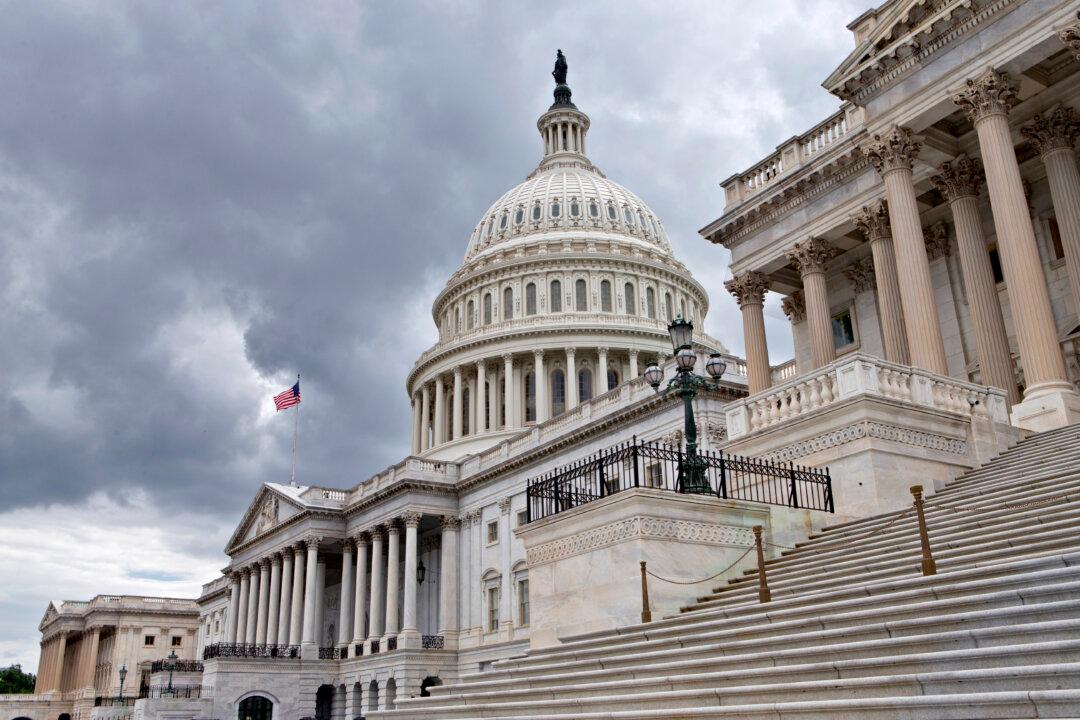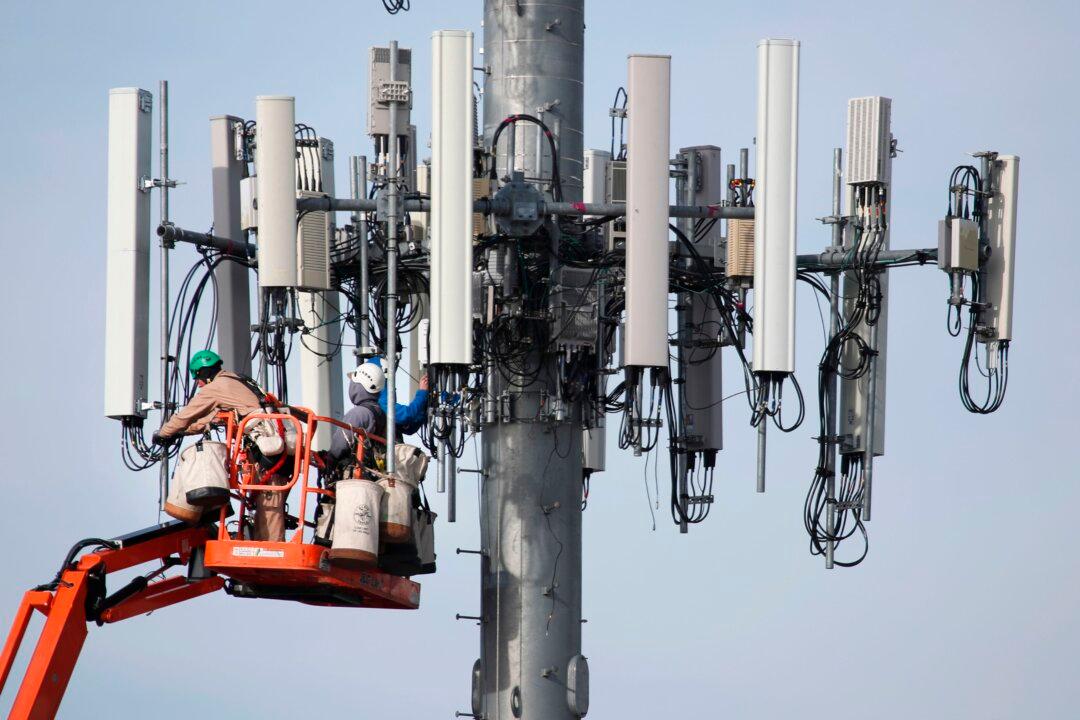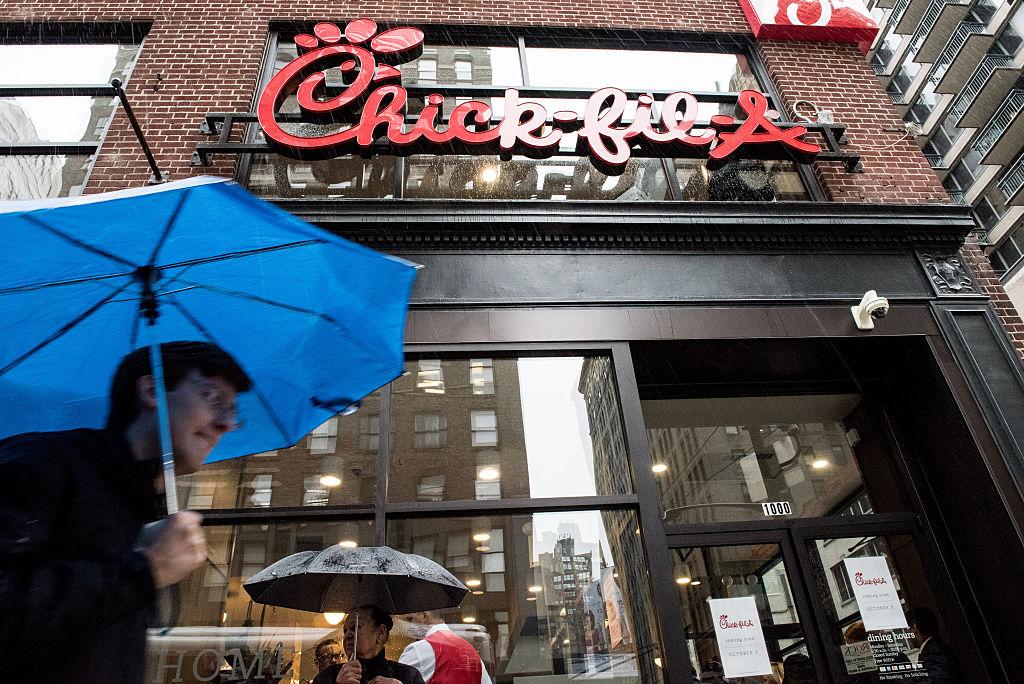Commentary
Today, the U.S. Congress will vote to certify the Electoral College vote for the 2020 presidential election, certifying Joe Biden as the next president ... or not. However unlikely, it’s constitutionally possible for Congress to nullify the Electoral College vote and to force the decision onto the members of the House of Representatives, voting en bloc state by state, in a contingent election.





